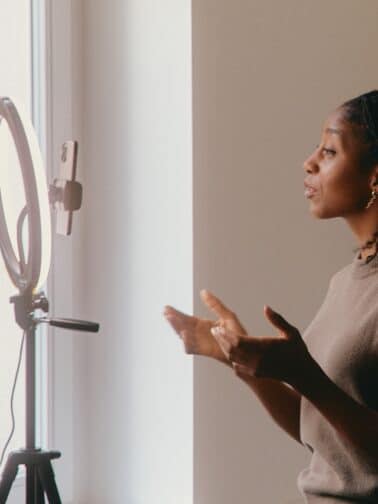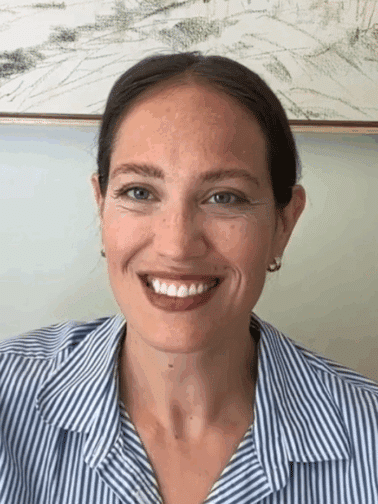(My daughter does not have the same challenges resting as I do. To wit, me on a Saturday morning, still in my PJ’s, attempting to edit book chapters and her just using me as a pillow for her morning “rest” after 11 hours of sleep the night before.)
There was an afternoon recently that perfectly captured everything I’ve been writing about this month—a moment where the abstract concepts of rest resistance became painfully concrete in my own body. I want to share this with you because sometimes knowing we’re not alone in our struggles is therapeutic in itself.
Okay, so, I’d been running on empty—five hours of sleep, an eight-hour workday behind me, and my nervous system frayed at the edges. Ahead of me lay the promise I’d made to my daughter: taking her to ballet class followed by softball practice. The classic mom-taxi afternoon that so many of us navigate with a mix of love and bone-deep exhaustion.
My body had reached its absolute limit.
It wasn’t just tired—it was the kind of exhaustion where your eyes burn, your thoughts move like molasses, and your reactions slow to a dangerous degree. This was the third night of poor sleep (thank you perimenopause hot flashes!). And yet, I had promised her I would take her that Tuesday. That I would be the one, not her dad this time.
In that moment, my physical exhaustion collided head-on with the weight of Mom Guilt—that familiar visitor in the foundations of so many women’s psychological houses.
You know the one—that voice that whispers you’re never doing quite enough, never present enough, never sacrificing enough for your child. In a culture that glorifies maternal sacrifice, setting a boundary based on personal needs feels almost transgressive.
I did something then that felt surprisingly difficult: I had an honest conversation. I told my daughter and husband, “Sweetie, I don’t think it would be safe for mommy to drive, and I don’t feel very well. I’m going to stay here and take care of myself. I’ll drive you next week.”
She understood. Children often do when we’re honest about our limits. They can handle disappointment better than they can handle the disconnect between our words and our exhausted, resentful energy. I’ve found this to be true both as a mother and in my years of clinical work—children sense the truth of our bodies even when our words say something different.
What happened next surprised me, and it’s where this story really begins.
After they drove off in the RAV4 with a bag full of snacks, I changed into my softest sweatpants, a well-worn sweatshirt, and those ridiculous fuzzy slippers my daughter got me last Christmas. I grabbed my Kindle and settled into my favorite spot in our house—the corner of our blue couch by the floor-to-ceiling windows that look out on the forest that borders our property. It’s where the afternoon light filters through the trees in a way that makes everything feel slightly enchanted.





